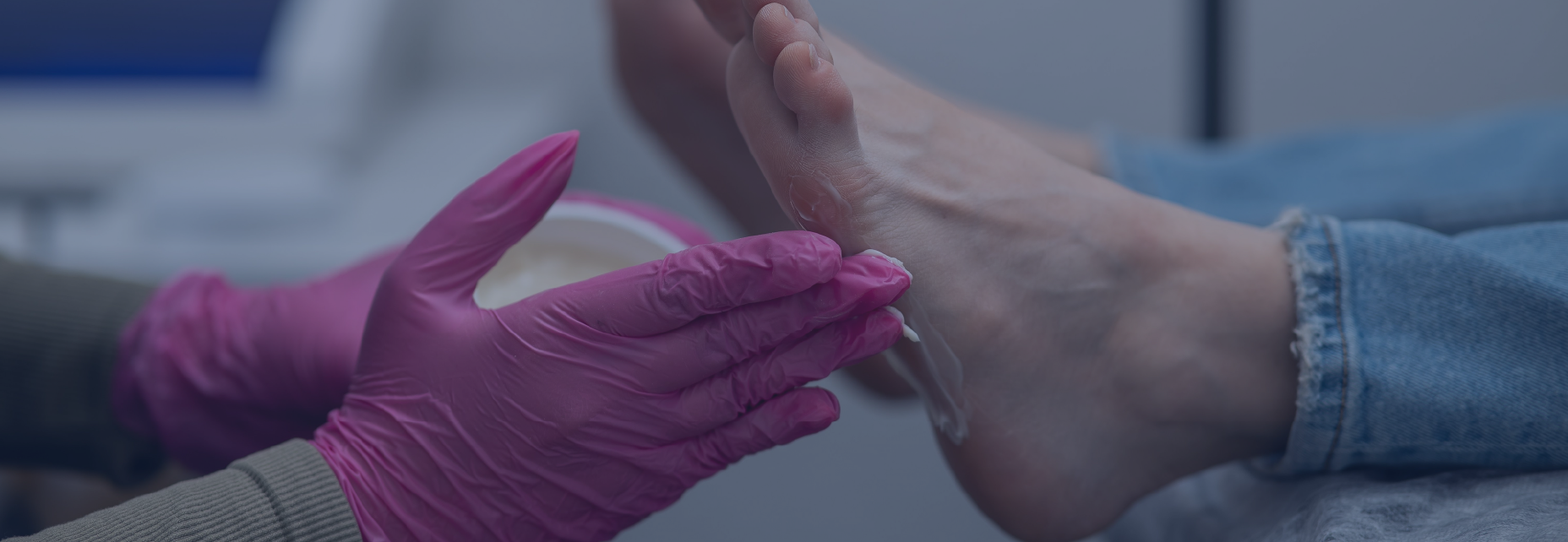
Routine Podiatric Care
 Routine Podiatric Care
Routine Podiatric Care
Reaching and caring for your feet can become difficult over time, making tasks like cutting thick nails or managing hard skin a challenge. Without the right tools or knowledge, there’s a risk of causing more harm than good. At Pioneer, we’re here to help improve your foot health while also providing safe self-care advice for you and your family.
Our experienced team can assess, diagnose, and treat a wide range of foot and ankle issues, including:
- Thickened or fungal nails
- Corns, calluses, and cracked heels
- Ingrown toenails and nail injuries
- Blisters, skin infections, and other foot conditions
Whether you’re struggling with discomfort or simply need expert care, we’re here to keep your feet healthy and pain-free.
We use different techniques and equipment to provide a pain free treatment as well as evaluating the potential causal factors leading to the presentation of your symptoms and will advise on what we suspect may be aggravating the symptoms. For example, it may be that footwear is adding excessive forefoot loading and shear when moving around resulting in thickening of nails and triggering a protective mechanism of skin and creating further protective layers (callus).
Where we are dealing with certain deformities that result in excessive loading, after we identify the reason for such deviation, retraction or flexion we can introduce the most appropriate treatment such as offloading, taping or introduce appropriate materials to footwear or plantar aspect to reduce shear (friction) stress/strain.
Consultation
At every consultation, we review your foot health status and conduct a number of tests to ensure your protective sensation or blood supply is adequate, something like an MOT for your feet, with some complex conditions such as diabetes or inflammatory arthritis such as rheumatoid arthritis, we conduct further tests to rule out some of their potential related complications.
We use the latest diagnostic equipment to aid our diagnosis and examinations, follow strict infection prevention processes and clinically evaluate all products which we constantly reviewed and upgraded as science develops and new evidence emerges, we are an evidence-based service.
We will monitor your foot health status and discuss our findings in detail so you are fully aware of your current foot health, should it be required, we can also organise for further tests or referral to other specialist areas as well as seeking in-house advice from one of our highly qualified clinicians.
Whether you or a loved one is dealing with podiatry concerns, we’re here to help.

FAQs
You should consider seeing a podiatrist if you have foot, ankle, or lower limb issues.
There are many potential causes of foot problems which include:
- Standing on your feet for prolonged periods
- Aging
- Injury or trauma
- Overuse
- Extra body weight (greater loading due to an increase in body mass)
- Wearing shoes that don't fit properly
- Other conditions such as Diabetes or Arthritis
A musculoskeletal assessment is a physical examination that evaluates a patient's bones, joints, ligaments, tendons, and muscles. It can help identify problems with the musculoskeletal system, such as pain, stiffness, or difficulty moving.

“Very helpful, friendly advice and treatment.”